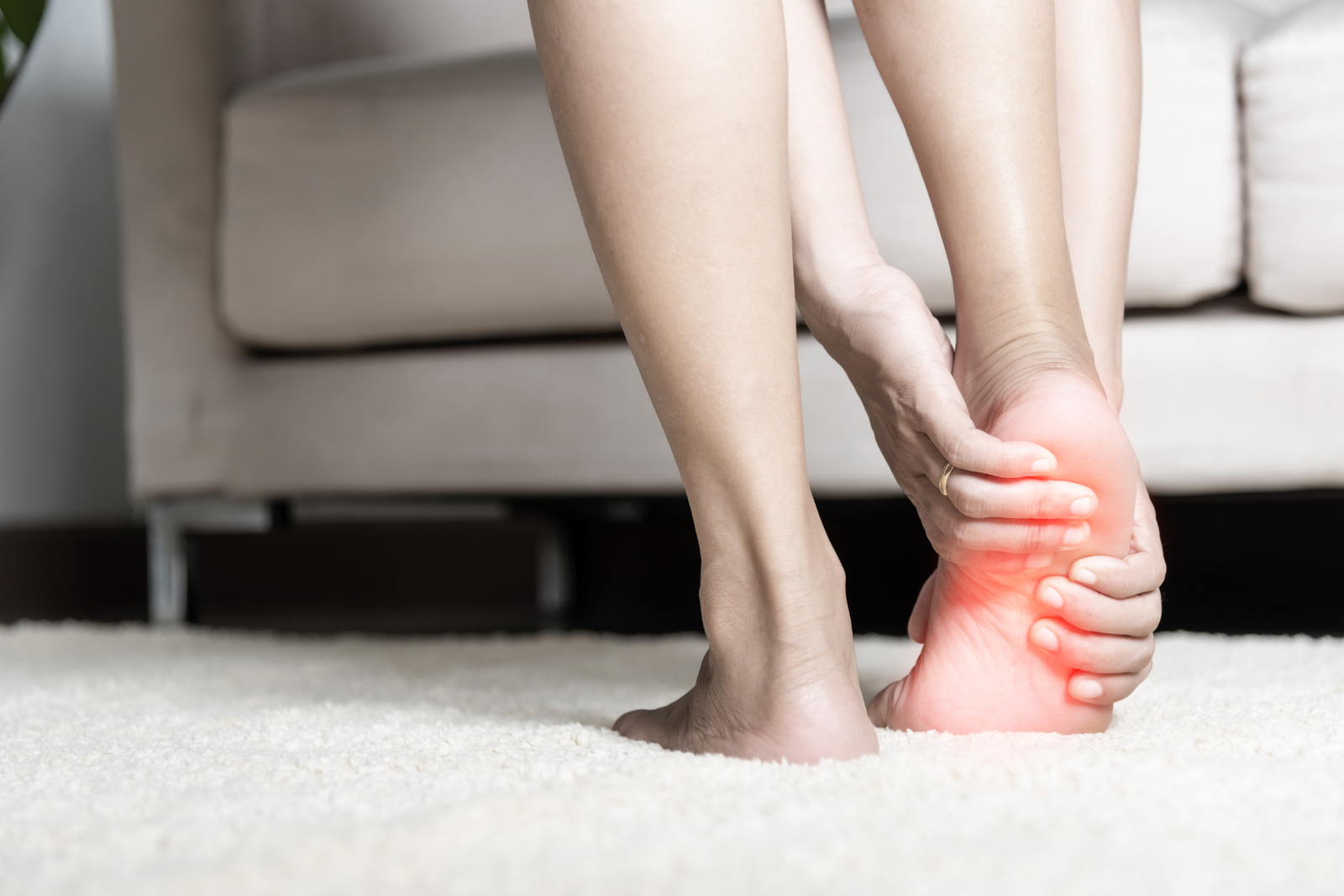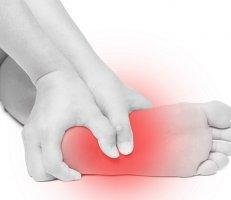
Neuropathy Specialist
Neuropathy symptoms like numbness, tingling, or sharp, shooting pain can affect your daily life and prevent you from enjoying recreational activities.
Steve-Felix Belinga, MD, and his experienced team at The Belinga Clinic can discover your neuropathy's underlying cause and put an end to your struggles.
To schedule an evaluation for neuropathy, call the clinic in Fort Smith, Arkansas, or request an appointment online.
Neuropathy Q & A
What is Neuropathy?
Neuropathy refers to symptoms caused by nerve damage in the peripheral nervous system, which transmits signals from your brain out to your body, and also sends signals from your body back to your brain. Neuropathy frequently affects the upper and lower extremities (hands, feet, fingers, and toes), but it can occur in other locations, such as the elbows, neck, or lower back.
What causes neuropathy?
Damage to nerve tissue causes neuropathy. Conditions that cause nerve damage include:
- Diabetes
- Traumatic injury
- High blood pressure
- Rheumatoid arthritis and other autoimmune conditions
- Kidney failure
- Genetic disorders
- Tumors
- Bone marrow disorders
- Thyroid disease
- Connective tissue disorders
Certain factors increase your risk of developing neuropathy. These include:
Who gets neuropathy?
- Alcohol abuse
- Vitamin deficiencies, especially B vitamins
- Infections, such as HIV or Lyme disease
- Exposure to toxins
Having a family history of neuropathy can also increase your risk.
What are the symptoms of neuropathy?
Common neuropathy symptoms include:
- Numbness or tingling
- Stabbing, shooting, or burning pain
- Extreme sensitivity to touch
- Balance or coordination problems
- Muscle weakness
Sometimes, neuropathy causes the sensation of socks or gloves when you’re not wearing them.
How does a doctor diagnose neuropathy?
To diagnose neuropathy, Dr. Belinga carefully reviews your health history, and he also discusses your symptoms with you. He performs a physical exam and may suggest electromyography (EMG) to assess your nerve function. He might order diagnostic imaging, like a CT scan, to rule out any other cause of your symptoms.
How is neuropathy treated?
Dr. Belinga treats neuropathy by addressing its underlying cause. He develops a custom treatment plan based on your individual needs, which may include:
- Anti-inflammatory or pain medications
- Physical therapy
- Nonsurgical procedures
- Orthotic shoe inserts
- Braces or splints
In the case of idiopathic neuropathy, treatment focuses on relieving your symptoms. Under the care of a skilled neurologist like Dr. Belinga, most neuropathy symptoms can fully resolve.
To put an end to debilitating discomfort or pain caused by neuropathy, schedule an evaluation with Dr. Belinga. Call The Belinga Clinic today, or book an appointment online.
Request an Appointment







